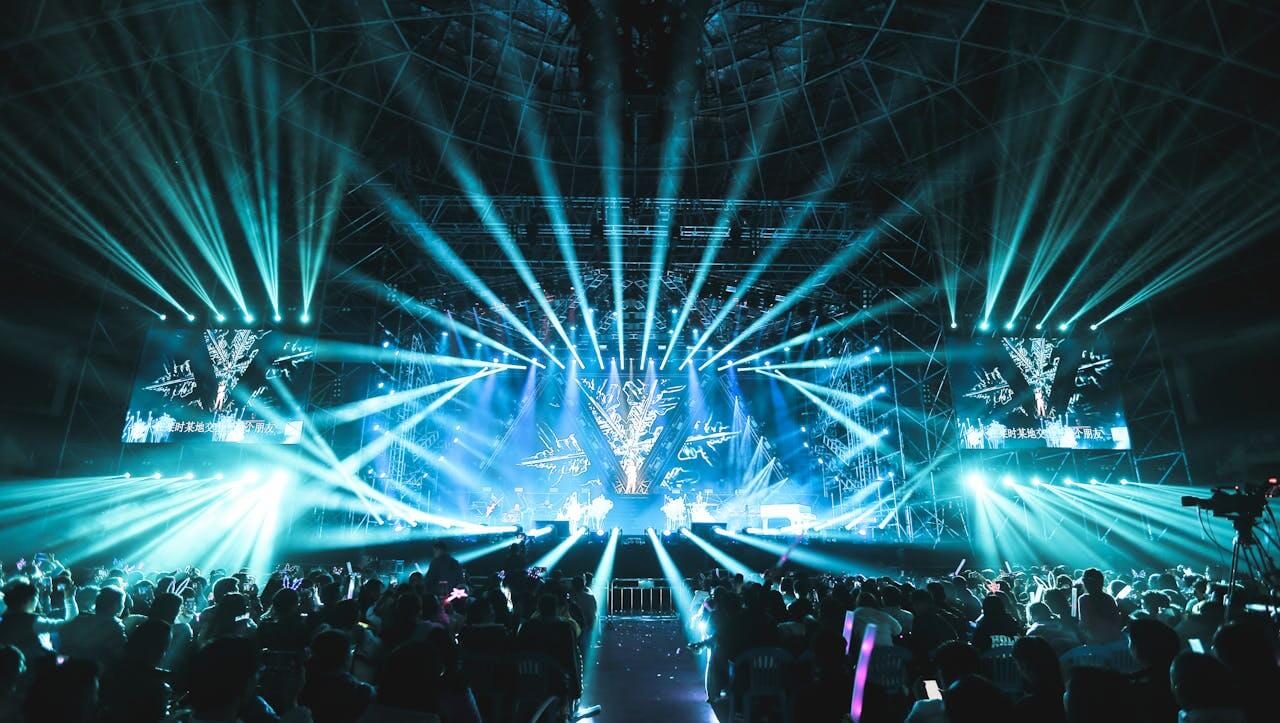
Imagine waking up from a year-long coma in the 21st century. Chances are that the world would seem like a different place.
NB: This is an article from Hotelogix
With the pace at which modern-day technology updates itself, it’s no surprise that anyone could be caught off guard. It’s been short of a decade that the Hospitality industry woke up to the existence of cloud systems and the industry’s response to it has been quite like waking up from a coma.
Baffled by this new technology that’s well employed in other industries and straight up afraid of the consequences of adopting this technology, the hospitality industry is taking to it, but in bouts. Consider a scene out of a Sci-fi movie where a handful of people are brought back to consciousness after a prolonged glitch in their hibernation chambers, just to realise their ship’s navigation system is leading them astray. Similar has been the case with the hospitality industry… Very few hotel owners found their way home to the Cloud.
So, what are these concerns that’s holding the hospitality industry back?
Well, to be honest, denying the reality of things is a skill bestowed upon mankind. More often than not, you’ll find people question anything new and that’s exactly how it should be. Here a few of those questions that may or may not be asked in this particular context of the Cloud:
We have a system that we’re used to and we’re paying for its maintenance:
Most of the Hotels around the world still rely on their trusty old On-Premise systems. (Yes, even in the most advanced of markets. In a study by Grant Thorton titled “Emerging clouds in Hotel Technology” markets like the UK and US that have the highest adoption rates of a Property Management System and yet they run operations on an On-Premise PMS. Only 32% of the UK market and 30% of the US market have transitioned to using cloud technology. What’s interesting is that the Hotel chains and larger Franchises have not yet taken to the cloud. The majority of the cloud users are the smaller and mid-range independent Hotels.
Coming back to the concern, it is deep rooted in facts that these systems were a must to operate on the scale at which chain hotels did, even a decade ago. But just like mobile phones get better every year and computers get better at carrying out tasks faster, cloud systems have evolved too.
So what does that mean for a Hotel running its operations on the cloud?
To start off, hotels can say goodbye to server rooms and all the tech that comes with it. No wires, no cooling system, no team working around the clock to ensure that malfunctions are kept at bay. What’s required is an internet connection and a PC to access the web application. The servers are no longer your headache as web server providers have a team trained to do just that. And with timely backups of data and security protocols in place, your data is ensured the highest grade of safety.
Without all the hardware, the AMC you pay is now non-existent and no goof ups with server room cooling or maintenance will ensure no surprises when it comes to hardware failure. Cloud systems mostly sell on a subscription basis and don’t include any maintenance costs.
But you know how long it takes to migrate to a new system! Plus decades of data I have stored, where does that go?
Well, contrary to popular belief, migrating to a cloud system shouldn’t take that long. At least not when you are getting a world-class Cloud PMS. With the hardware components like servers kept aside, and no manual installation of the system required, implementation time is cut short.
To put things in perspective an On-premise setup requires:
– A server room with servers
– A cooling system
– Lots of wires
– A team to ensure these systems are up and ringing
And how can I forget, every workstation needs a licensed copy of the product installed on it. These systems are usually dedicated solely to the PMS and don’t really let you use the PC/Laptop for anything else. Now, compare this to a cloud system where the servers are handled by an external web hosting service like AWS or IBM Watson, which varies based on your PMS provider. The amount of time taken for migrating to a cloud system is somewhere between 15 days to a month. When it comes to historic data, it can be easily saved and used for predictive insights and is just a matter of backing up this data.
What about my staff and the training required to get them up to speed?
I won’t speak for all the cloud systems out there but cloud systems were built for speed and ease of use. Unlike on-premise systems that have their own learning curve and weren’t really built keeping in mind aesthetics in terms of UI and ease of use, cloud PMSs are super easy to learn and are designed thoughtfully. With clear and easy guidelines on how to perform tasks and usually dedicated account managers, the whole experience of maneuvering around the product is simplified.
And Data Security?
Not your problem anymore! I mean, it’s important to be concerned but the responsibility is now in your PMS and web server providers hands. With the number of organizations trusting their data with server services like AWS, Microsoft Azure, IBM cloud and even Google, you can rest assured that your data is in good hands. They have teams employed around the clock to ensure no data breaches or server downtimes occur. So no more fear of server rooms flooding up, inconsistent cooling nor of the IT team scrambling for help to protect your precious data.
So what’s the big deal in shifting to a cloud system when my on-premise system does it all?
Speed!
But that’s not it.
A cloud PMS lets you do a lot more than just shift your server systems to an external provider. The amount of money saved in terms of hardware and resources is high. It also enables the transfer of data in real time and what that means for your hotel is that inventory is updated almost instantly and so are rates across all the channels you have. Certain cloud systems enable integrations to various third party hospitality tools like channel managers, Revenue management systems, ERPs, Accounting and Reputation management systems to name a few.
So why have all that separately? My PMS has it all in one package!
Well picture this, your PMS does perfectly what a PMS is meant to do. The add-ons and other capabilities in there are just thrown in for good measure. I’m not saying that these add-ons won’t work. All I’m saying is that your hotel could do a whole lot better with products from companies that specialise in certain tools like channel managers, accounting systems, etc.
Now again you may be using these tools as standalone platforms already but a lot of the operational efficiency that your on-premise system claims to have, is lost due to this disconnect. Cloud systems ensure that all these tools function in a well controlled ecosystem and in sync with each other. It can also boil down to personal preference. You have the freedom to choose the tools that suit you best, whether it is based on the price of the tool or for the functionality it offers.
So my current PMS provider does have a cloud option!
That’s great, but the chances are that your PMS provider is offering a “Hybrid” Cloud solution. Sound amazing right? If done right, benefits of a Hybrid cloud systems are unparalleled, but the cost effectiveness of cloud does not apply here as these systems are nowhere close to cheap. Cheaper than on-premise systems- yes. But not as affordable as Cloud PMSs are. Even these systems come with their own set of problems. Since I’m already at it, let me list a few more issues with Hybrid Cloud systems.
– Depending on the kind of setup you’re looking for, you will need an in-house IT team designated to ensure maximum security measures are taken.
– A fast performing on-premise infrastructure could face issues while performing alongside a slow performing public infrastructure which can overall result in a rather laggy performance of your Hybrid setup.
If not setup and done right, a hybrid system can turn out to be more of a nuisance than the boon it should be. So, tread safely along this path. But yes, if splurging on a well setup Hybrid System is not an issue, then go for it.
There’s a lot more to cloud systems than meets the eye and here’s an article that you can refer to that covers the power of cloud a little more elaborately. Here’s a quote that I’ll leave you with… Food for thought, if you will!
“In general, obsolete technology is obsolete for a reason. Monocles are no exception.”
By Neil Bluementhal




